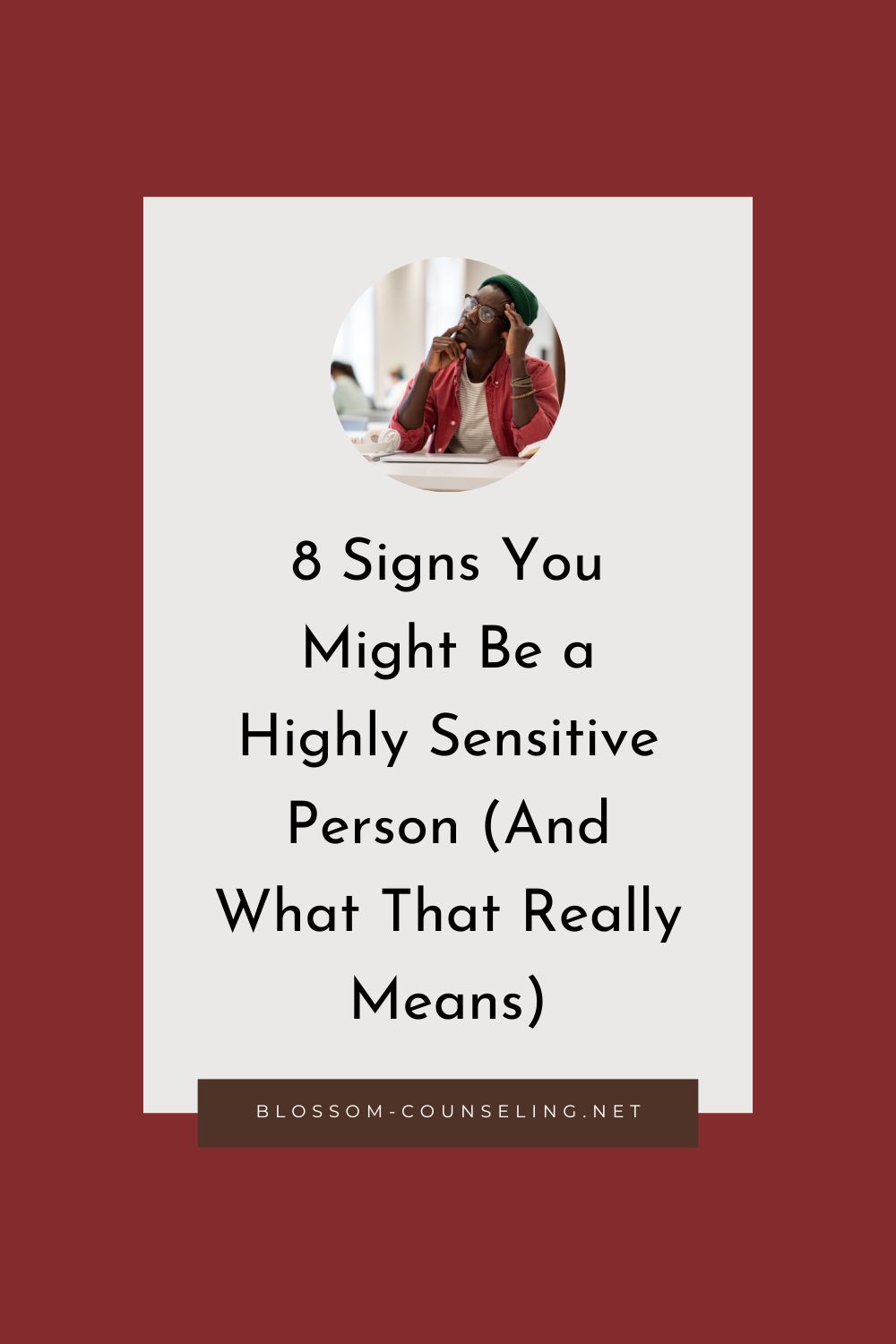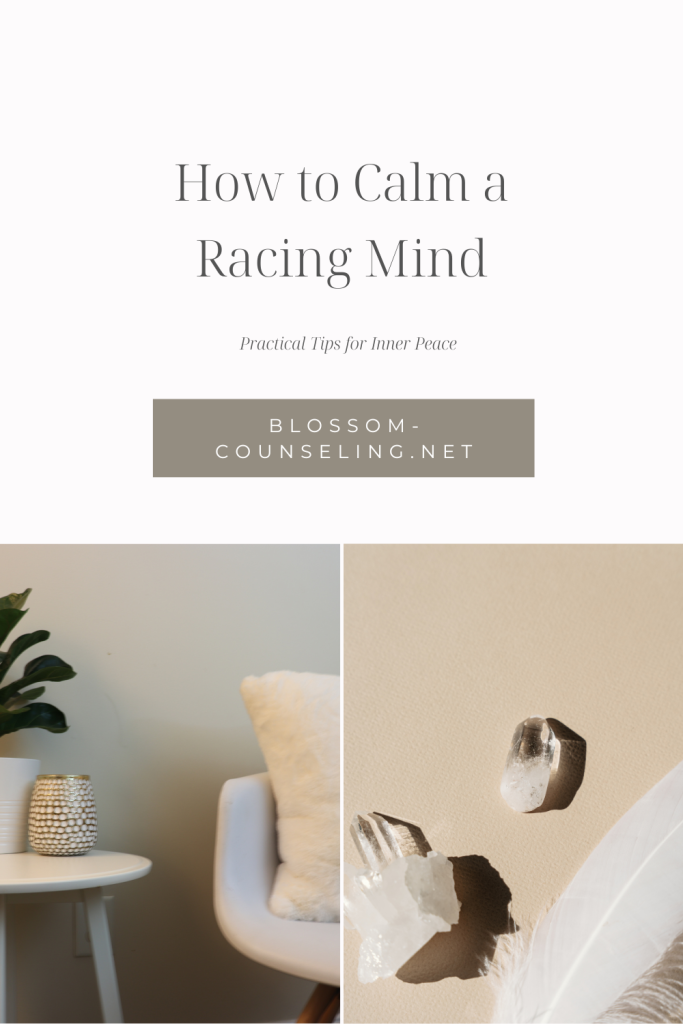 Being called “too sensitive” can sting, right? It’s something a lot of us have heard, and it’s often said like it’s a bad thing. But for highly sensitive people, sensitivity isn’t a flaw—it’s a strength. Your brain and body just take in more: more detail, more emotion, more everything. Sure, that can feel overwhelming sometimes, but it’s also what makes you thoughtful, empathetic, creative, and deeply in tune with the world around you.
Being called “too sensitive” can sting, right? It’s something a lot of us have heard, and it’s often said like it’s a bad thing. But for highly sensitive people, sensitivity isn’t a flaw—it’s a strength. Your brain and body just take in more: more detail, more emotion, more everything. Sure, that can feel overwhelming sometimes, but it’s also what makes you thoughtful, empathetic, creative, and deeply in tune with the world around you.
So what does it really mean to be highly sensitive? Let’s talk about it.
You don’t just notice things—you feel them. A comment, a look, even the mood in a room can sit with you longer than it might for others. It’s not overthinking—it’s depth. You process the world fully, which often means you see things others miss.
Loud noises, bright lights, or chaotic spaces? Way too much sometimes. Your nervous system works harder than most, which is why you need quiet moments to recharge. That’s not weakness—it’s balance.
You’re tuned in to people. If someone’s off, you feel it. That empathy makes you caring and intuitive, but it can also leave you drained if you’re constantly carrying other people’s emotions.
Criticism? It hits deep. You’re not defensive, you just internalize things and want to do better. That’s the gift and curse of caring so much.
You’re the person who cries at movie scenes, gets chills during a song, or feels peace just watching the sunset. Beauty moves you, and that’s part of what makes life feel so vivid for you.
And yes—you probably need alone time. It’s how you recharge, reflect, and make sense of everything you’ve absorbed throughout the day.
Being sensitive doesn’t mean you’re fragile. It means your nervous system and heart are wired for connection, awareness, and depth. Once you understand your sensitivity and learn how to care for it, it becomes less of a burden and more of a superpower.
Your sensitivity isn’t something to tone down—it’s something to honor. It’s what lets you see life in full color, love deeply, and notice beauty in places others overlook.
Hi, I’m Megan! I’m a licensed professional counselor who helps kids, young adults, and adults find calm, confidence, and balance when life feels overwhelming. My approach to therapy is real, compassionate, and focused on helping you feel more grounded in your everyday life.
I get that anxiety and stress can show up in a hundred different ways—racing thoughts, tight shoulders, restless nights, or just feeling stuck. Together, we’ll slow things down, untangle what’s been weighing on you, and build tools that actually work for your life. Therapy with me is about feeling heard, supported, and capable of handling whatever comes next.
When I’m not in session, you can find me with an audiobook playing, spending time with friends, or watching a good show with my husband. If you’re ready to make life feel a little lighter and a lot more manageable, I’d love to work with you.




